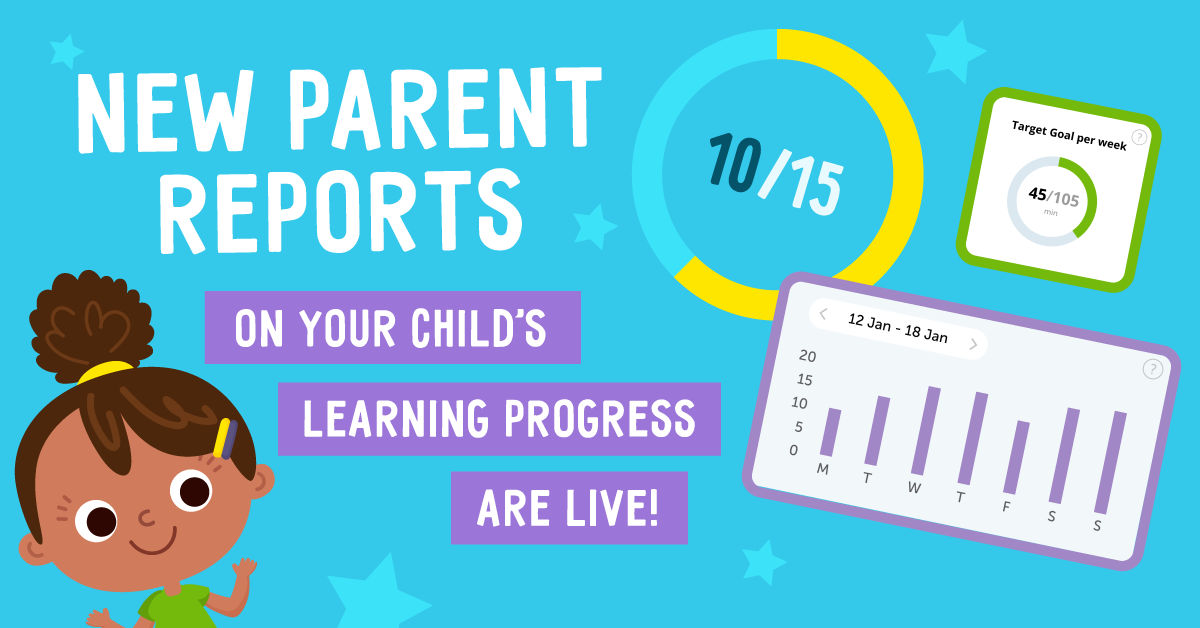Phonics skills development Normal Worksheets for Ages 7-8
6 filtered results
-
From - To
Help your child master phonics skills with our expertly designed worksheets for ages 7-8! Our captivating exercises cover essential areas like sound recognition, blending, and word formation to boost your child’s reading ability and confidence. Each worksheet offers engaging activities that make learning fun and effective, providing a solid foundation for fluent reading and speaking. Perfect for in-class use or at-home practice, these resources support differentiated learning, ensuring every child can progress at their own pace. Start developing essential phonics skills today with our age-appropriate, educational worksheets! Visit our website to download and print now.
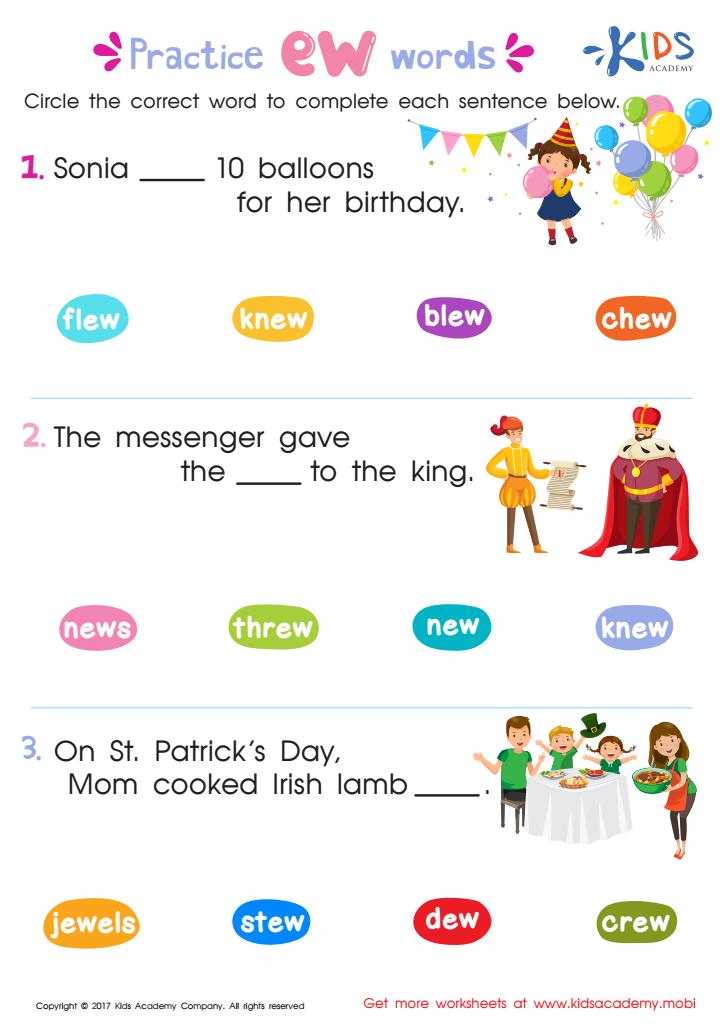

EW Words Worksheet
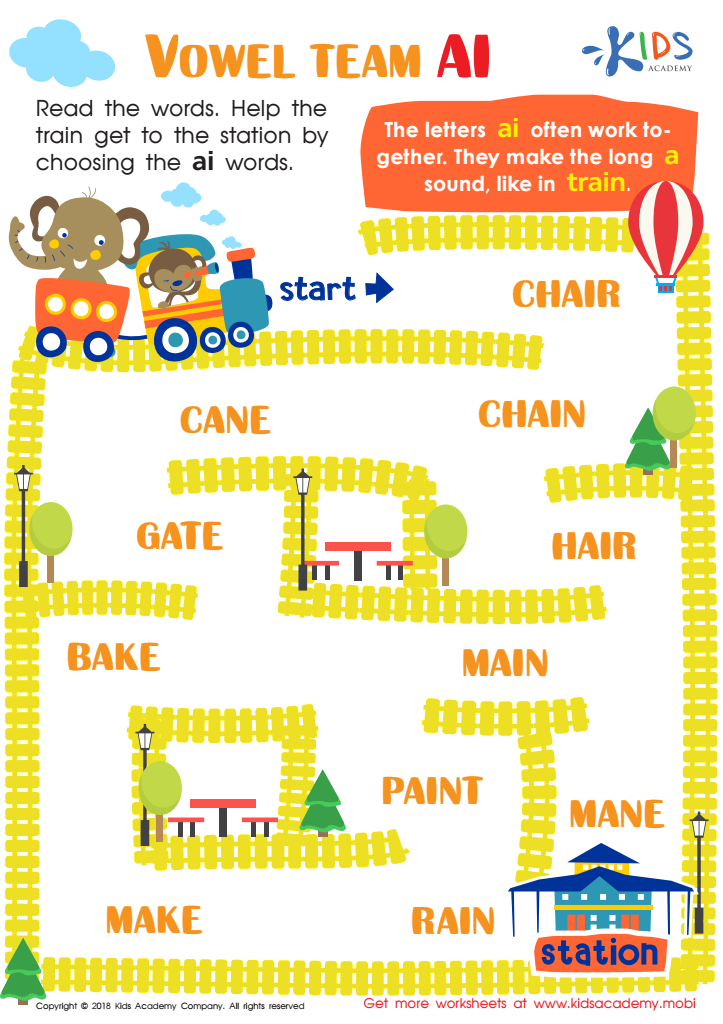

Vowel team ai Worksheet
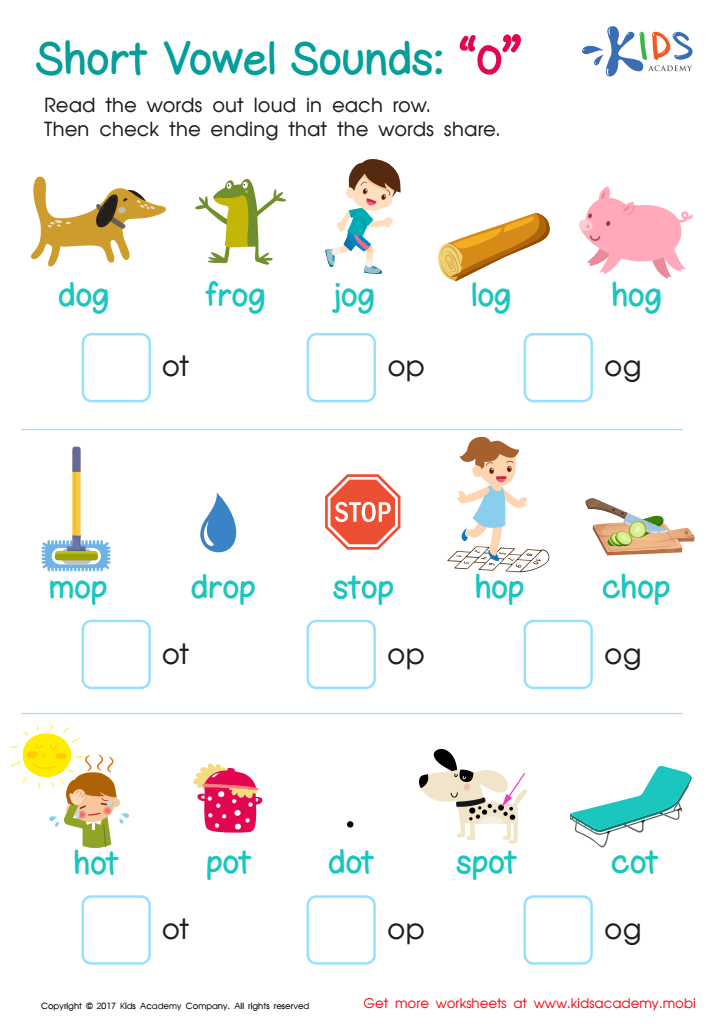

Short vowel Sounds "o" Spelling Worksheet
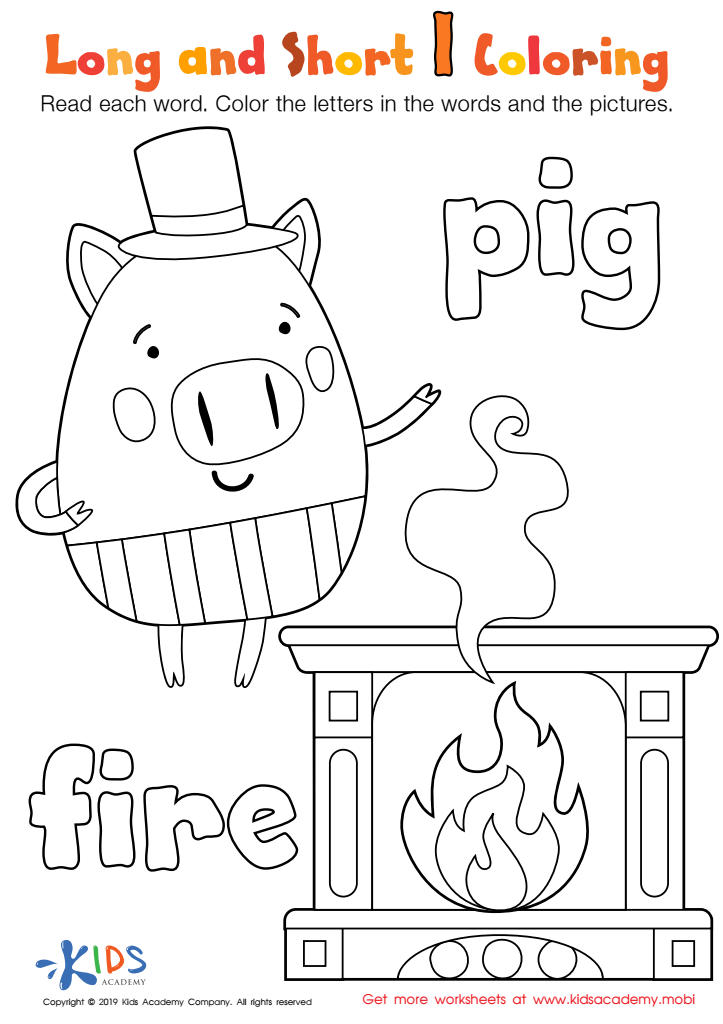

Long and Short I Worksheet
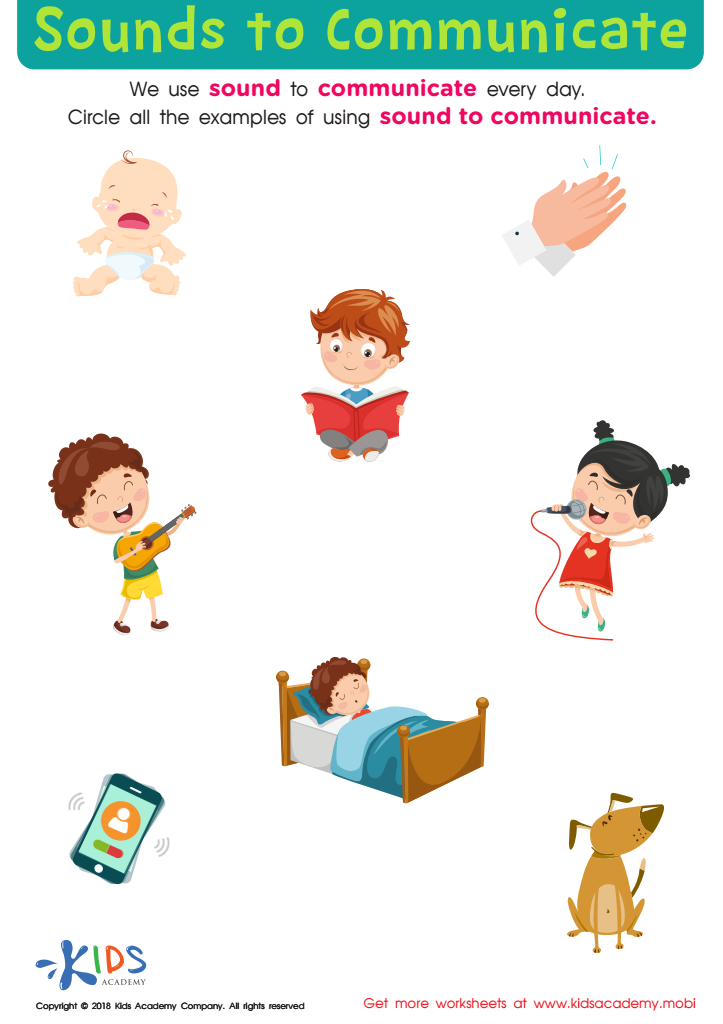

Sounds to Communicate Worksheet
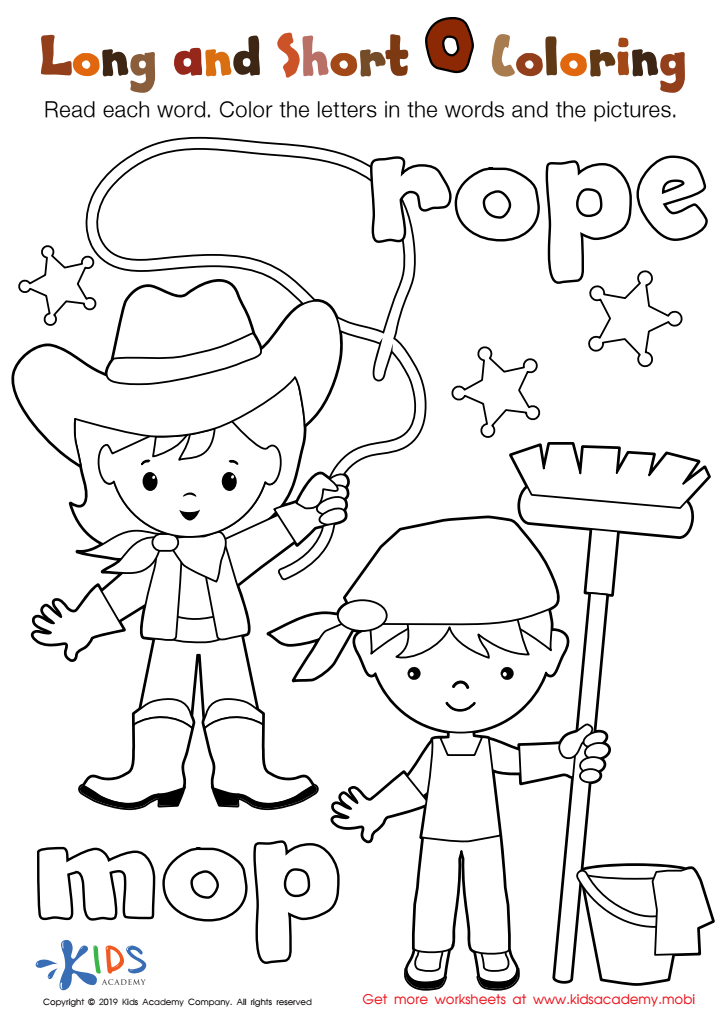

Long and Short O Worksheet
Phonics skills development is crucial for children aged 7-8 because it lays the foundation for effective reading and writing, integral parts of their academic success and lifelong learning. At this age, many children transition from learning to read to reading to learn. Strong phonics skills help them decode words more easily, recognize word patterns, and improve their reading fluency. This capacity directly influences their comprehension, vocabulary, and ability to engage with more complex texts and subjects.
For parents and teachers, prioritizing phonics development can prevent later academic struggles and support a child's confidence and enthusiasm for learning. Without secure phonics skills, children might face difficulties in grasping more advanced literacy concepts, leading to frustration and disinterest in reading. These skills also aid spelling and writing, enabling children to express ideas clearly and accurately.
Moreover, phonics instruction reinforces essential listening and speaking skills, contributing to overall language development. It bridges the gap between spoken and written language, making it easier for children to connect sounds with letters and understand their relationships. By ensuring a strong phonics foundation during these formative years, parents and teachers empower children to succeed academically, communicate effectively, and develop a lifelong love for reading.
 Assign to My Students
Assign to My Students







